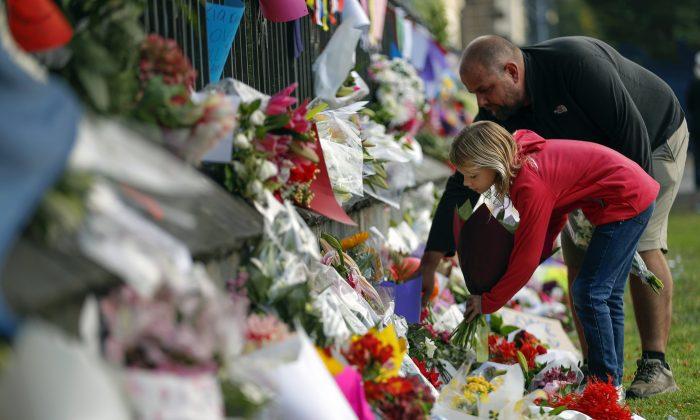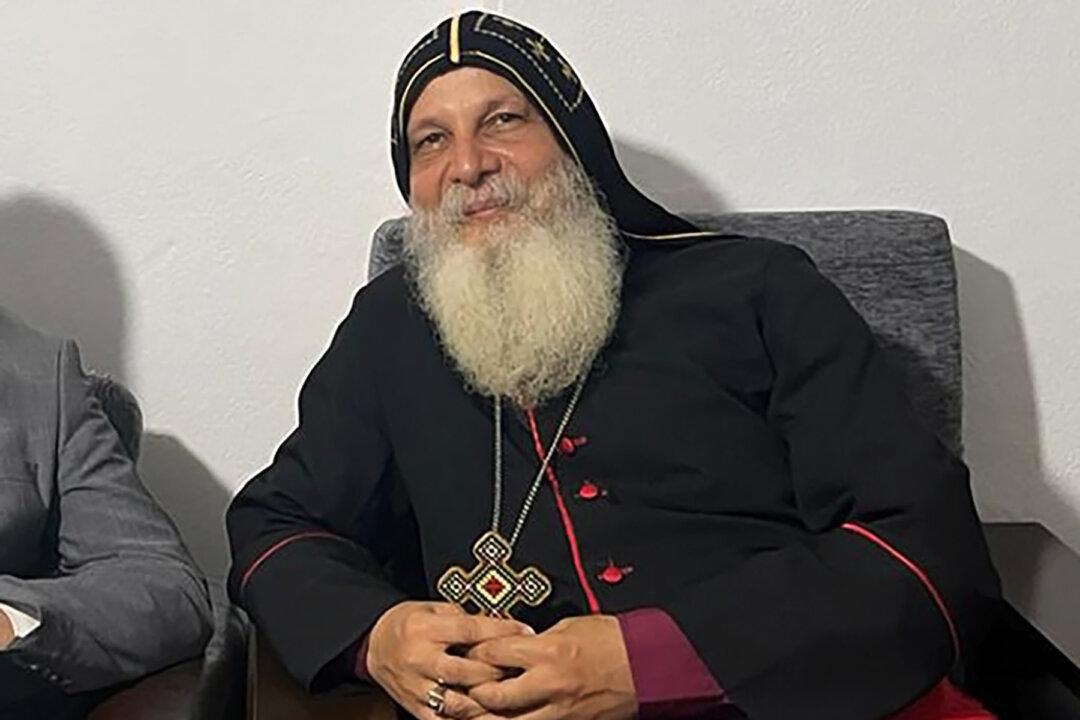Australia’s domestic spy agency’s decision to drop sensitive labels such as “left-right” and “Islamic extremism” has received a mixed reaction, with one religious expert saying the shift to broader terminology could inadvertently mislead public perception of extremist behaviour.
He revealed that ideology-based extremism now accounted for 40 percent of the agency’s caseload, and due to the evolving nature of threats, ASIO would drop the classifications “left-right” and “Islamic” when describing extremist activity.
Instead, the broader categories of “religiously motivated violent extremism” and “ideologically motivated violent extremism” would be used going forward.
“Why are we making a change? Put simply, it’s because the current labels are no longer fit for purpose. They no longer adequately describe the phenomena we’re seeing,” Burgess told attendees of the speech.
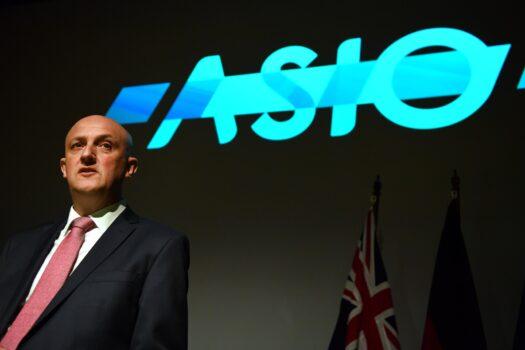
“As an example, when thinking about the proliferation of violent groups that subscribe to various political ideologies, it’s unhelpful to categorise such groups as simply ‘extreme left wing’ and ‘extreme right-wing,’” he added.
The spy chief said the agency was seeing a growing number of individuals or groups outside of the conventional left-right spectrum. Instead, newer movements were emerging motivated by a “fear of societal collapse” or a specific social or economic “grievance or conspiracy.”
“At ASIO, we’re conscious that the names and labels we use are important. Words matter. They can be very powerful in how they frame an issue and how they make people think about issues.”
Burgess went on the say that the agency’s focus was on the “threat of violence” and not on policing the views of different groups.
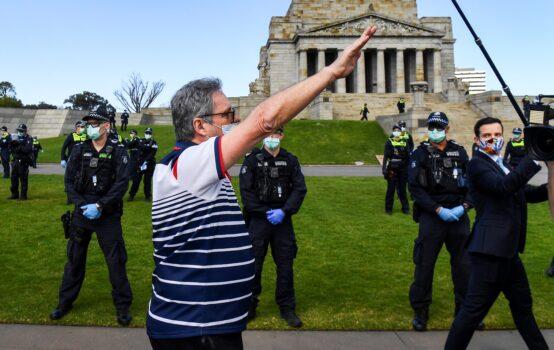
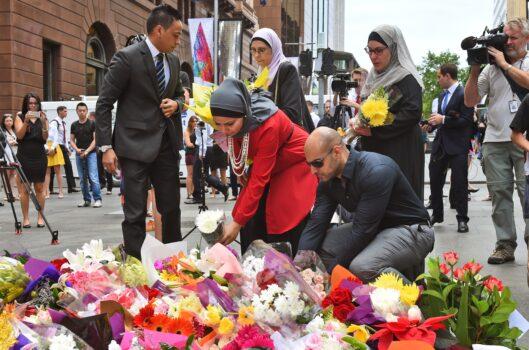
Michael Shoebridge, defence director at the Australian Strategic Policy Institute, said this was a sensible approach.
“ASIO’s recognition that ideological violent extremism isn’t well-described by ‘left wing’ and ‘right wing’ extremism is a sensible step to making sure the agency is thinking broadly enough to reduce the risk of emerging forms of ideological extremism tending to violence,” he told The Epoch Times.
Mark Durie, senior research fellow at the Arthur Jeffery Centre for the Study of Islam, said that while switching the word “Islamic” for a broader term was done to avoid unfairly maligning the Muslim faith. The category “religiously motivated violent extremism” would, in fact, malign all religions.
Division Driven by Labels
Labor’s Federal Member for Chifley Ed Husic backed ASIO’s decision and said dropping the left-right and Islamic labels was “smart.”“When we did call it out, we were told by conservatives that we had to do it louder, stronger, and more regularly,” he added.
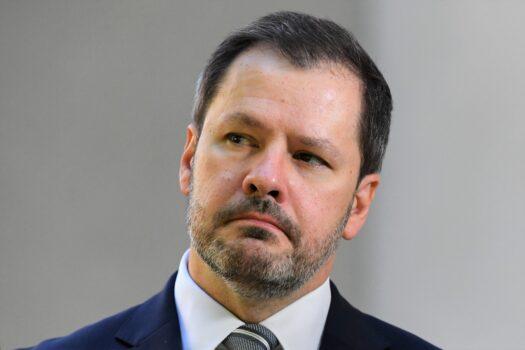
“But now, when conservatives are being asked to confront an errant, ugly streak within conservatism, this is now likened to being tarred by the same brush,” he said.
Husic was partly responding to Liberal Senator Concetta Fierravanti-Wells’ comments last year when she told Director-General Burgess at a Senate Estimates hearing to be careful with how he used the term right-wing.
The senator has also been critical of the deliberate misuse of the label following the Christchurch massacre.
“He (Brenton Tarrant) was immediately branded ‘right-wing,’ notwithstanding the fact his manifesto clearly stated that he was a communist, then an anarchist, then a libertarian and then an ecofascist, before his European travels convinced him that violent revolutionary solutions were the only answer to achieving his objectives,” she added.
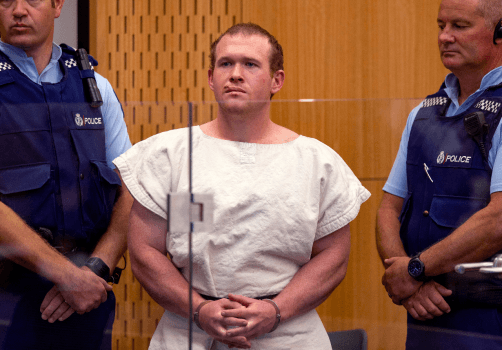
“So, my advice to those opposite … and those who join the chorus is: ‘Do not be divisive. Choose your words carefully before you unfairly label decent, law-abiding conservative Australians.”
Brooks argued that a person could not understand society through such a lens. Instead, it was better for individuals to develop their own independent thoughts and values free from specific classes.
Durie meanwhile said using the left-right label was inaccurate.
“I believe that talk of left and right is often simplistic and a poor way of categorising political movements,” he said.
He also argued that the word “extremism” was too vague, saying it did not acknowledge the “substantive religious motivations” for violent behaviour.
“The problem is not ‘extremism’ (i.e. ideas taken to the extremes), but a group’s core ideas, sincerely held. It is not extremism that is the problem, but harmful beliefs and ideological commitments,” he said.
“I believe that wherever possible, labels should be precise, not general, and specific,” he said. “A group that claims Islam as its motivation for violence should be called ‘Islamic.’ But it would be even better to call these Islamic groups ‘jihadist.’”
